On April 13, the unveiling ceremony of the "Shenzhen Institute of Computing Sciences" was held at Shenzhen University. The Institute aims to become the "Bell Labs" of China. Among those attending the event were: Wang Lixin, vice mayor of Shenzhen, Liang Yongsheng, director of the Municipal Science and Technology Commission, Xu Jianling, vice director of the Municipal Education Bureau, Chen Jianmin, associate head of Longhua District, Georg Gottlob, Professor of Oxford University and Academician of the Royal Society, Wang Ding, senior vice president of Tus-Holdings and Chairman of the Tus Group, Liu Hongyi, Secretary of the Party Committee of Shenzhen University, Li Qingquan, President of Shenzhen University, Chen Guoliang, Academician of the Chinese Academy of Sciences, Honorary Dean of the Institute , and Zhou Chaochen, Academician of the Chinese Academy of Sciences, Academician of the Third World Academy of Sciences, and Outstanding Scientist of the Institute. The event was hosted by Xu Chen, Vice President of Shenzhen University.
The Shenzhen Institute of Computing Sciences is one of the ten newly established research institutions approved by the Shenzhen Municipal Government. It is a state-owned research center under the Shenzhen Science and Technology Innovation Committee. The Institute was jointly founded by Shenzhen University and Longhua District People's Government. In the coming five years, it is expected that a total of 500 million yuan will be invested in the research program.
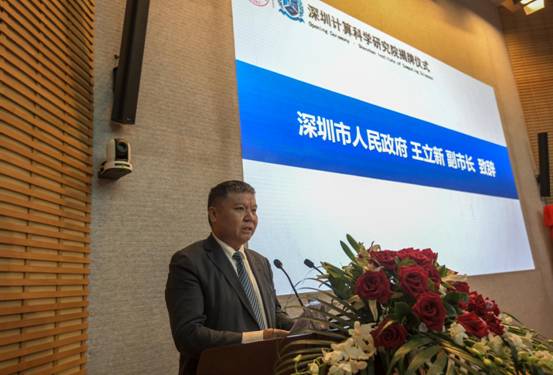
Vice Mayor Wang Lixin said that although the Institute has only just been established, its achievements in scientific research and industrial application are remarkable. He offered his congratulations to Academician Fan, Academician Zhou and Academician Chen. At present, Shenzhen is building a demonstration zone for socialism with Chinese characteristics according to the plan proposed by Xi Jinping, General Secretary of the Communist Party of China. It is hoped that the Institute will further carry out the national strategic plans and strive to make scientific achievements that are original and influential. The municipal government will continue to support the development of Shenzhen University and the construction of the Shenzhen Institute of Computing Sciences. The city will also strive to provide a better environment for high-grade resources, outstanding talents and first-class enterprises to create a better future in Shenzhen.
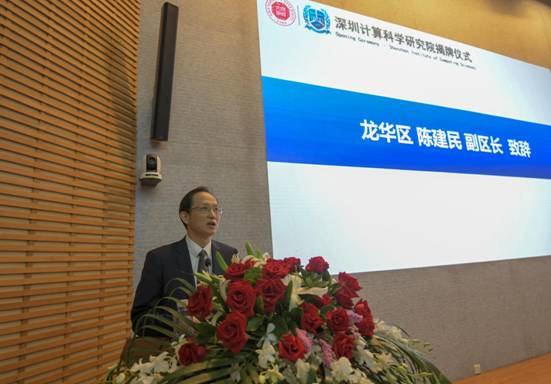
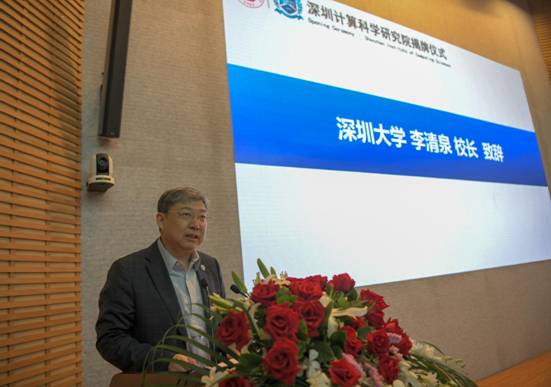
Li Qingquan, president of Shenzhen University, said that Shenzhen University, as the first comprehensive higher education institution in the Shenzhen Special Economic Zone, conveys the expectations from the Shenzhen government and the society. Additionally, the University shoulders the responsibility of exploring new approaches for higher education reform in China. In recent years, the discipline of computational sciences in Shenzhen University has ranked the top 10% of China. The construction of Shenzhen Institute of Computing Sciences will play a key role in the development of Shenzhen University and computing sciences research in China.

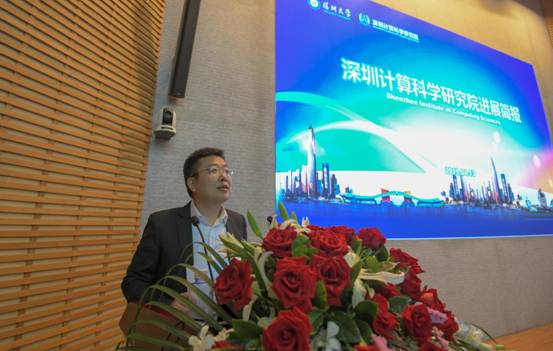
According to Prof. Mao Rui, the Executive Director of the Institute, data has become an important strategic resource for national development. Against this background, the Shenzhen Institute of Computing Sciences aims to become the "Bell Labs" of China. It will focus on developing China's own big data computing theory and engine, with the aim to break up the monopoly of foreign technology. Although the Institute was established only two months ago, it has already achieved significant results. Eight papers have been published in or accepted by international journals and conferences, including one paper in the STOC conference, two papers in the TODS journal, and two papers in the VLDB conference. The Institute has also received wide attention from the industry and it actively cooperates with the Tus Holdings and Alibaba Group. The Institute will soon start a collaboration with the incubation industry, with the aim to develop upstream and downstream production.
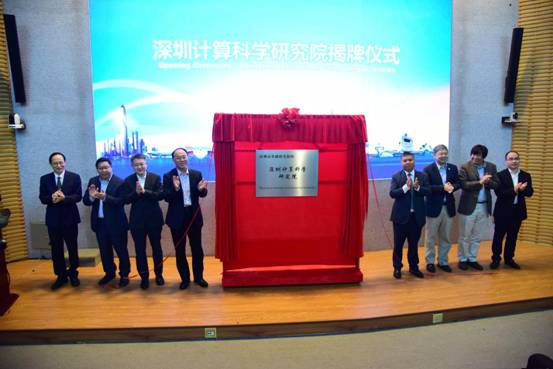
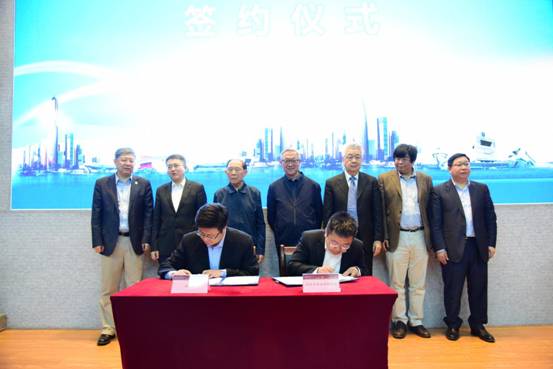
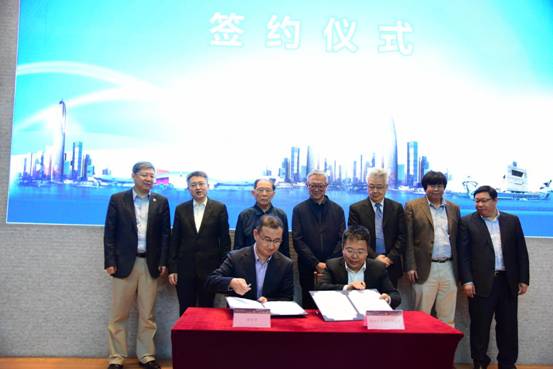
In addition, a signing ceremony was held for the cooperation agreement between the Institute, Beijing Qidi Digital Technology Group and the Institute of Software of the Chinese Academy of Sciences. The three parties are committed to the win-win principle, and will work together to strive and build an international cooperation network with world-class universities, research institutions and enterprises.
(Contributed by College of Computer Science & Software Engineering)

